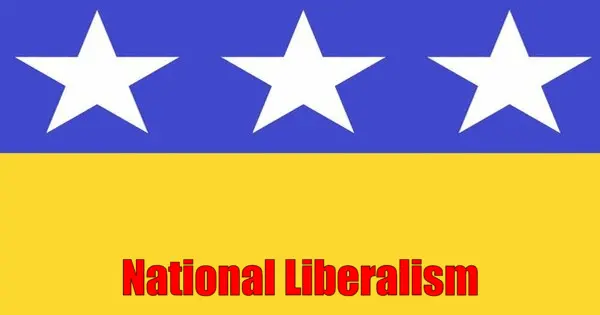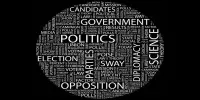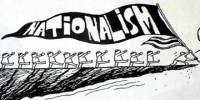National liberalism is a type of liberalism that combines liberal policies and issues with elements of nationalism. Historically, national liberalism has been used interchangeably with conservative liberalism (right-liberalism). A number of “national-liberal” political parties were particularly active in Europe in the nineteenth century, whether by ideology or simply by name, in several national contexts such as Central Europe, the Nordic countries, and Southeastern Europe. National liberalism was primarily a nineteenth-century ideology and movement.
Individual and economic freedom, as well as national sovereignty, were the goals of national liberalism. József Antall, a historian and Christian democrat who served as the first post-communist Prime Minister of Hungary, described national liberalism as “part and parcel of the emergence of the nation state” in 19th-century Europe.
According to Oskar Mulej, “in terms of both ideologies and political party traditions, it may be argued that in the Central European lands a distinct type of liberalism, peculiar to this region, evolved through the nineteenth century,” and citing Maciej Janowski, “the word ‘national’ acted as more or less synonymous with ‘liberal’.” Mulej also claims that “national liberals” played visible if not central roles in Southeast Europe, but with rather different, region-specific characteristics that distinguished them from their Central European counterparts.
Michael Lind defines national liberalism in his book Up From Conservatism in a way that The Progressive describes as matching historian Arthur M. Schlesinger Jr.’s use of the phrase “Vital Center.” Lind defines national liberalism as “a synthesis of moderate social conservatism and moderate economic liberalism.”
Gordon Smith, a leading comparative European political scholar, sees national liberalism as a political concept that fell out of favor when nationalist movements succeeded in establishing nation states, making it unnecessary to specify that a liberal ideal, party, or politician was “national.”
History
The roots of national liberalism can be found in the nineteenth century, when conservative liberalism and/or classical liberalism was the ideology of the political classes in most European countries, particularly those governed by hereditary monarchies in Central Europe.
National liberals, while pro-business, were not always supporters of free trade and economic liberalism in general, and sometimes favored cooperation between the government and national industry, moderate levels of protectionism, the establishment of preferential custom unions, subsidies for infant industry or companies deemed to be of national strategic importance, and various forms of industrial planning.
During the nineteenth century, national liberalism was popular in a number of countries, including Germany, Austria, Denmark, Sweden, Finland, and Romania. National liberals and/or “National Liberal” parties ruled for a long time in Germany, Austria, and Romania. Because of the multi-ethnic character or heterogeneous nature of countries like the Austrian Empire (later officially renamed Austria-Hungary) or the newly created Germany under Chancellor Otto von Bismarck, national liberals in German-speaking countries were also in favor of a more authoritarian or conservative political regime.
















